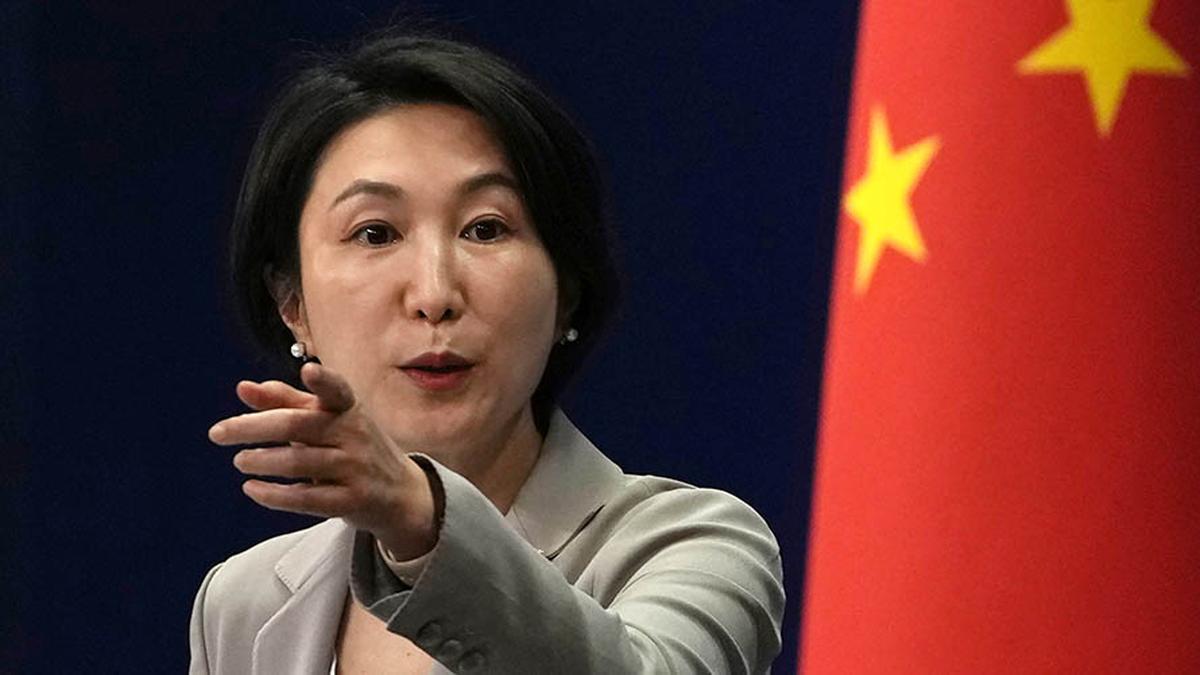
Disengagement of troops in four areas in Eastern Ladakh, says China
The Hindu
Troops disengage in Eastern Ladakh as India and China agree to improve bilateral relations during meeting in Russia.
Highlighting that troops have disengaged at four places in Eastern Ladakh, including Galwan Valley, the Chinese Foreign Ministry on Friday (September 13, 2024) said India and China have agreed during their meeting in Russia to work together to create conditions for the improvement of bilateral relations.
National Security Advisor Ajit Doval and Chinese Foreign Minister Wang Yi held talks on the sidelines of a meeting of the BRICS high-ranking officials responsible for security matters in St Petersburg in Russia on Thursday (September 12, 2024) where they discussed the progress made in the recent consultations on border issues, the Chinese Foreign Ministry said in a press release.
Asked whether the two countries were close to a breakthrough to revive the bilateral ties frozen for over four years due to the military standoff in Eastern Ladakh, Chinese Foreign Ministry spokesperson Mao Ning told a media briefing on Friday (September 13, 2024) that the two militaries realised disengagement in four areas and the situation along the border is stable.
“In recent years, front-line armies of the two countries have realised disengagement in four areas in the Western sector of the China-India border, including the Galwan Valley. The China-India border situation is generally stable and under control,” Mao said.
Her comments come a day after External Affairs Minister S. Jaishankar said in Geneva that roughly 75% of the “disengagement problems” with China are sorted out but the bigger issue has been the increasing militarisation of the frontier.
Mr. Doval and Mr. Wang are the Special Representatives for the India-China border talks mechanism.
Elaborating further about the Doval-Wang meeting, the Chinese Foreign Ministry release said both parties expressed the belief that the stability of the China-India relations is in the fundamental and long-term interests of the two peoples and conducive to regional peace and development.


















